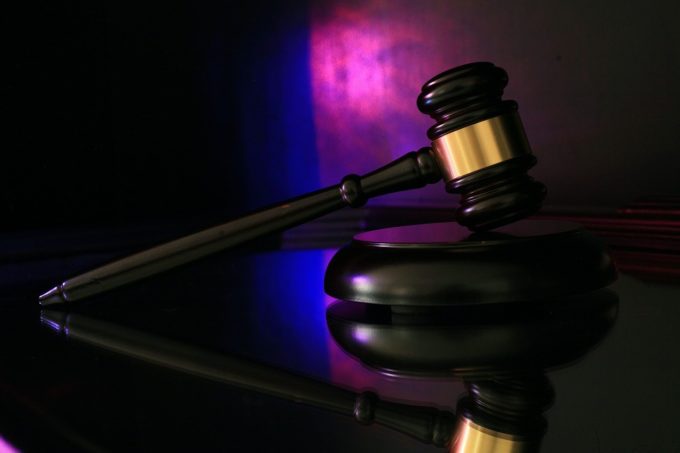It was the first day of jury selection. Before jury selection begins the prospective jurors complete a juror questionnaire about their age, family and employment status. On the jury questionnaire, 3 members of the jury panel shared that they are members of the Jehovah’s Witness.
During the first break in jury selection, defense counsel asked to speak with the Judge. In the courtroom, defense counsel told the Judge that she has encountered members of the Jehovah’s Witness during previous jury selections and in her view, they are not appropriate for a jury service based upon their religious views. Specifically, defense counsel explained that it is well known that members of Jehovah’s Witness place God’s law before the law given to them by the Judge.
In a sarcastic tone, the Judge rhetorically asked, “What’s is God’s law anyway?” I asked the Judge to speak with the members of the Jehovah’s Witness to inquire about potential biases and determine for herself whether they were appropriate for jury service. The Judge declined my request and stated that the members of Jehovah’s Witness were not appropriate for jury service. The Judge dismissed the 3 members of the Jehovah’s Witness from jury service.
After their dismissal, a 37-year old male, one of the members of the Jehovah’s Witness, approached me. This man shared that he viewed it his civic duty to serve on a jury and he was disappointed that he would not get the chance. This man acknowledged that he would always place God’s law before anything else, but he could conceive of no circumstances in the medical malpractice trial where such a conflict might occur.
This man, his wife and another member of the Jehovah’s Witness were sent home and not permitted to be a member of a jury, although only 1 of them had spoken with the lawyers or Judge. Even months after this occurred, I am still stunned.
Following the trial, I had a decision to make. I could ignore what happened during jury selection, or I could file a formal complaint against the Judge. Without question, the easier path was to do nothing.
Filing a formal complaint against a Judge is not good for a lawyer’s career. I knew that there would likely be harsh consequences, not only from the Judge, but the Judge’s colleagues in the small county (Putnam County, New York) where the discrimination occurred. But I knew ignoring discrimination was not an option. There was really no choice to be made, so I filed the formal complaint against the Judge.
What happened next was not entirely surprising. For the first time in my career, I was sanctioned by the Judge and I had to pay $7,500 for my “misconduct”. I paid the fine and appealed the Judge’s Order to New York’s Appellate Division. I am confident justice will be served by the higher court and most importantly, the Judge’s discrimination will be exposed.
It is irrelevant what religious group faced the discrimination. I would have done the same thing whether the discrimination was against Hindus, Muslims, Sikhs or atheists. The religious views of the prospective jurors do not matter. What mattered is that the courtroom was closed to 3 members of a particular faith and I could not look the other way.
During the commencement speech for law school, our Dean told us that we were not becoming a “Notre Dame lawyer” on that day. The Dean explained that each one of us would eventually face the most difficult ethical decision of our career. We would be forced to choose between an easy path of doing nothing or the difficult path of doing the right thing, even knowing that there would be harsh consequences. And on the day when we made the difficult ethical choice, only then would we be a “Notre Dame lawyer”.
On that day, I wasn’t quite sure what the Dean meant…but now I do.
Image by Sergei Tokmakov, Esq. https://Terms.Law from Pixabay
